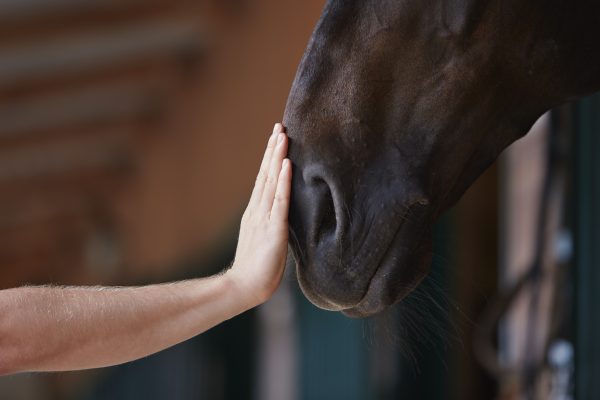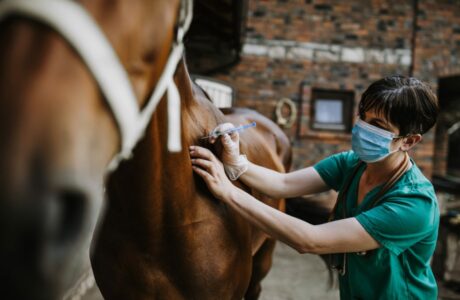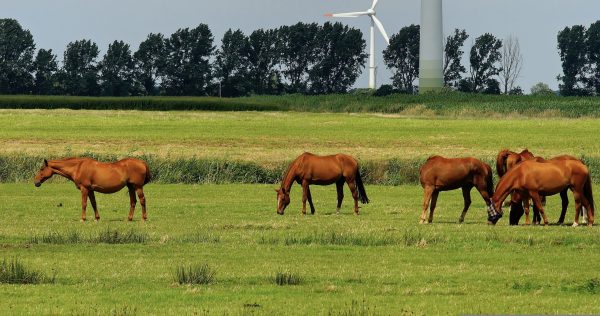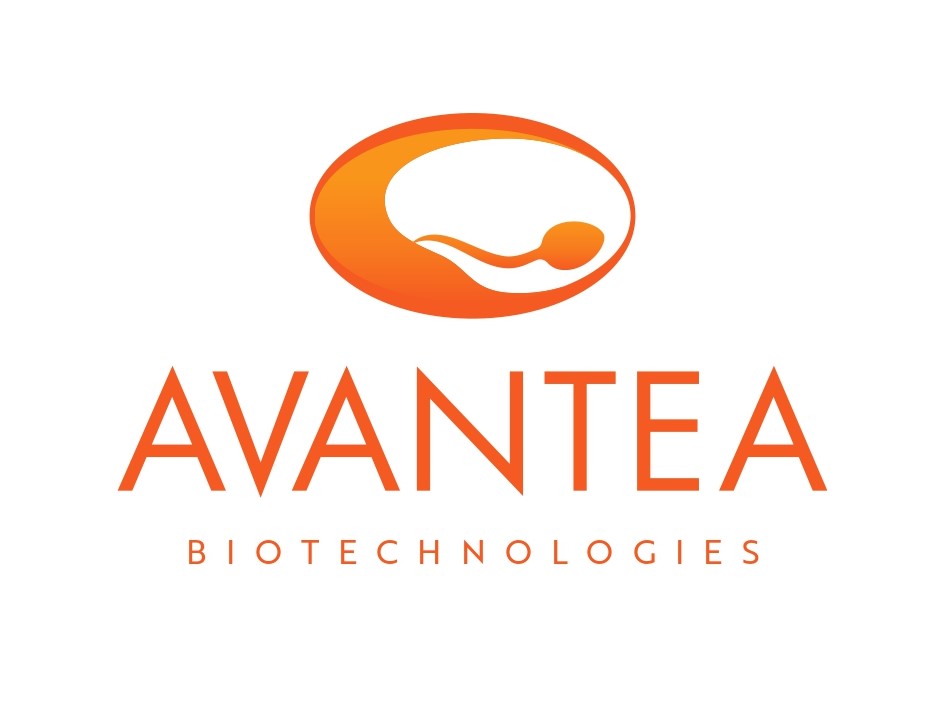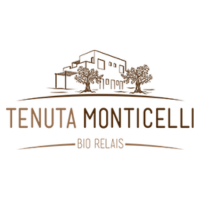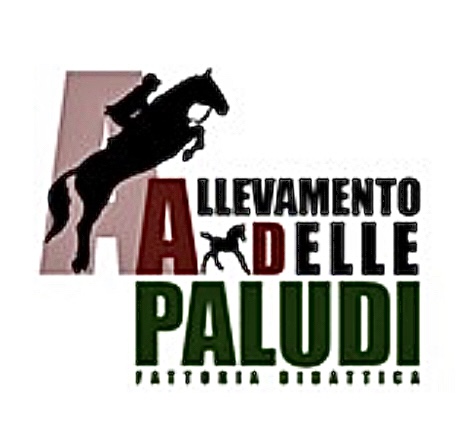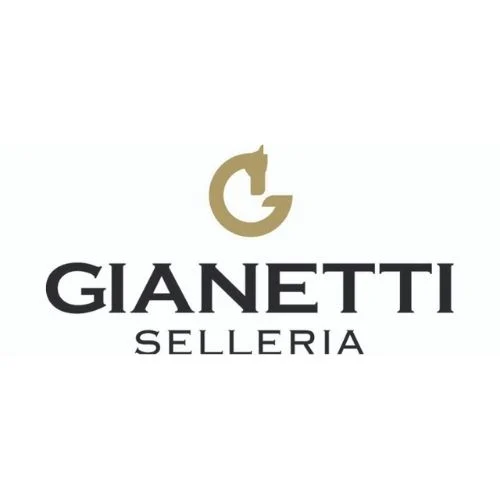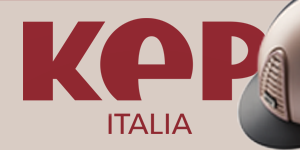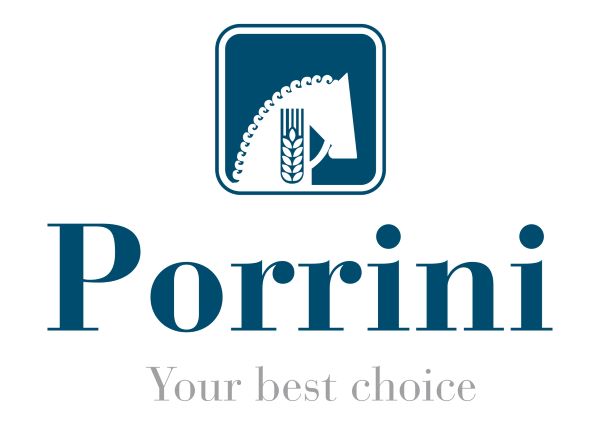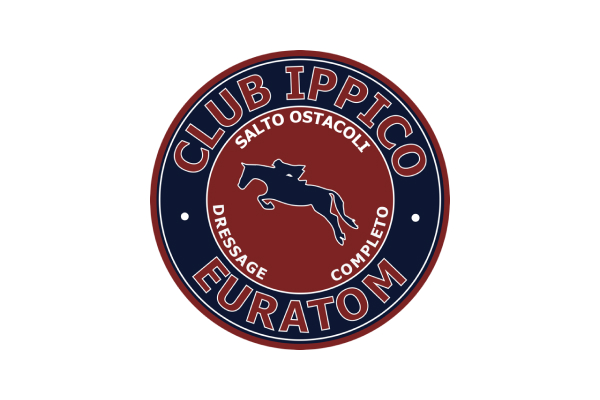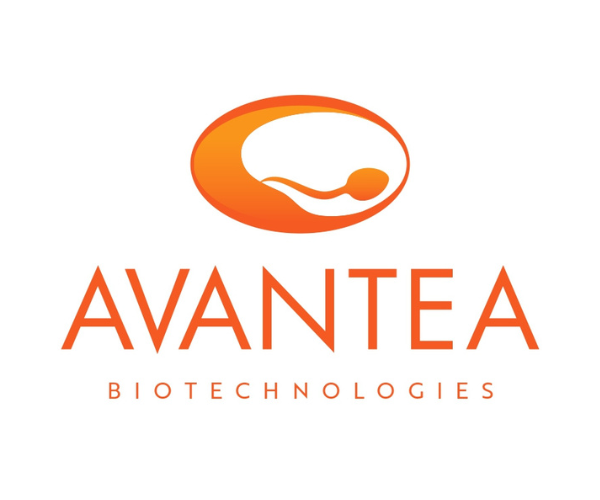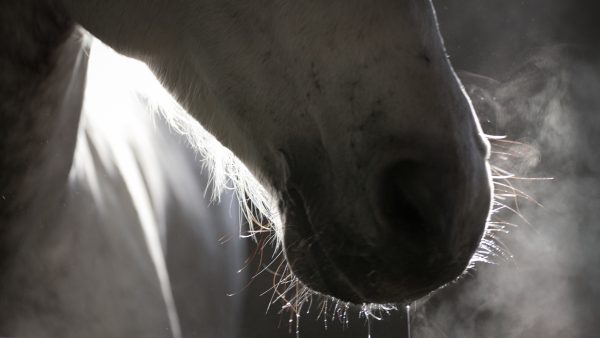
Equine Neonatology: A Comprehensive Exploration of Early Foal Health
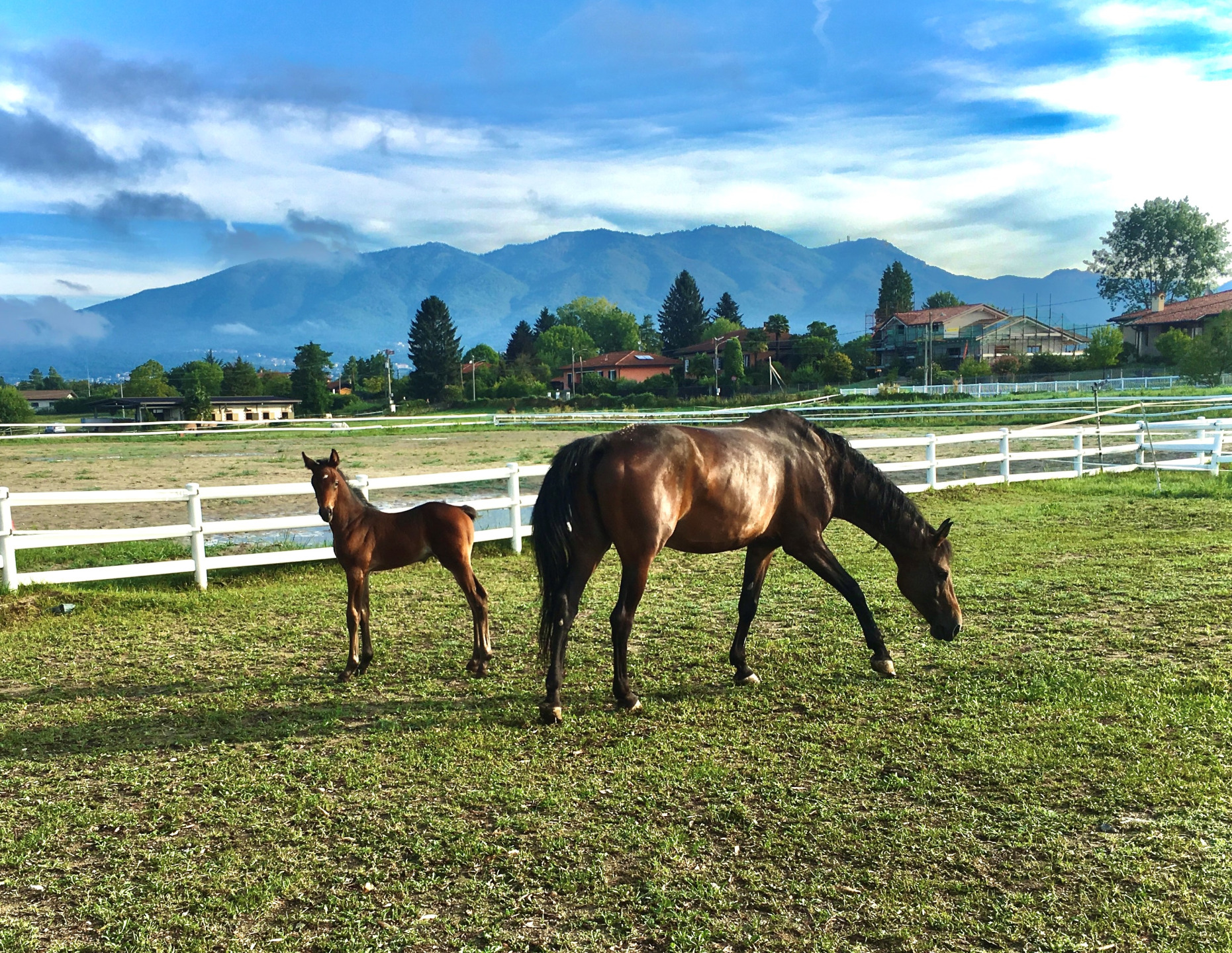
Equine neonatology, an indispensable facet of veterinary medicine, is dedicated to understanding and addressing the specific challenges faced by foals during their initial days of life. Dr. Garbagnati, a distinguished professional from the Piola Veterinary Clinic in Pozzuolo Martesana, provides a detailed analysis of primary pathologies that can affect young horses, focusing on two critical categories: cardiocirculatory maladjustment and challenges related to colostrum intake and septic infections.
Cardiocirculatory Maladjustment: Navigating the Challenges
Cardiocirculatory maladjustment emerges as a formidable challenge for newborn foals. Dr. Garbagnati elucidates that this condition is a consequence of hypoxia, a deficit of oxygen, occurring either during the fetal development phase or the labor process. Recognizing the signs of maladjustment becomes pivotal, as foals may initially appear healthy but exhibit distress later on.
Symptoms encompass erratic behavior, difficulty finding the udder, and unusual positions and gaits. Foals affected by maladjustment may seem disoriented, staying away from the mother, displaying signs of weakness, and responding atypically to their surroundings. The severity of hypoxia can lead to more critical crises, including seizures and respiratory arrests. Dr. Garbagnati underscores the importance of timely intervention, especially in severe cases, recommending immediate referral to facilities equipped with intensive neonatology departments.
Colostrum Intake and Septic Challenges: A Critical Nexus
Another pivotal area within equine neonatology revolves around colostrum intake, a fluid rich in essential antibodies crucial for the foal’s immune system. Dr. Garbagnati explicates that issues may arise from a lack of suction or bacterial contamination during the birthing process, potentially compromising this critical phase. In the initial hours of life, foals have open channels in the intestine to
absorb antibodies from colostrum. Failure to initiate suction or experiencing delays can lead to a competition between bacteria and antibodies, increasing the likelihood of neonatal septicemia.
Symptoms include weakness and reduced food intake. Timely colostrum intake is emphasized as crucial, irrespective of the underlying cause. In severe cases, such as septic infections, interventions like plasma transfusions and the use of antibiotics may be necessary. Dr. Garbagnati underscores the importance of awareness and a rapid response to ensure the foal’s survival.
Prevention and Care: Nurturing Foal Health from the Start
To minimize neonatal complications, Dr. Garbagnati recommends a meticulous care regimen for the mare. This includes the implementation of deworming, administering preventive vaccinations—particularly against influenza and tetanus—and maintaining a balanced diet. A clean environment and appropriate movement of the mare significantly contribute to the foal’s overall health. The foaling stage is identified as a crucial period, where thorough cleaning of the perineum, vagina, and udders becomes an essential step to prevent contamination. Dr. Garbagnati advises breeders to closely monitor the foaling process, promptly reporting observations to the veterinarian, especially concerning the times of quadrupedal standing and colostrum suction.
Fostering a Healthy Future for Young Equines
In conclusion, equine neonatology demands not only a deep understanding but also swift and responsive actions to ensure the health and vitality of newborn foals. Breeders play an instrumental role in mitigating risks through the implementation of preventive practices and vigilant monitoring of foal behavior. Early observation and collaborative efforts with specialized veterinarians are paramount to effectively address the challenges posed by equine neonatology, thereby securing a healthy and prosperous future for the next generation of horses.
V. Sozzi
© Rights Reserved.




